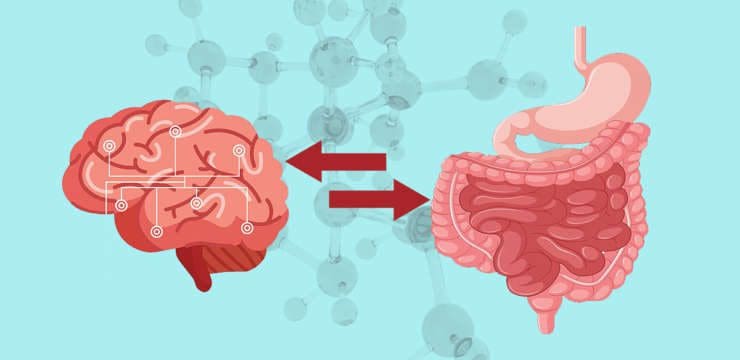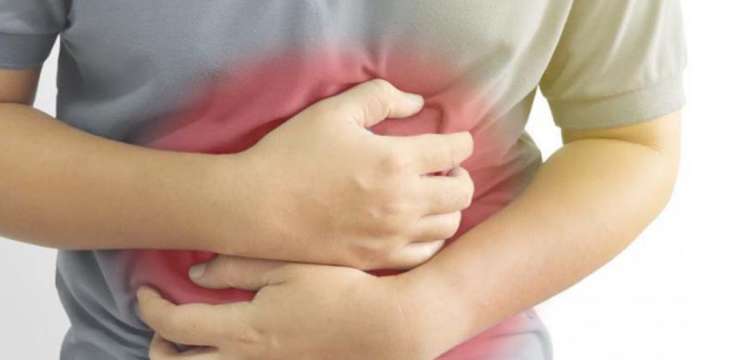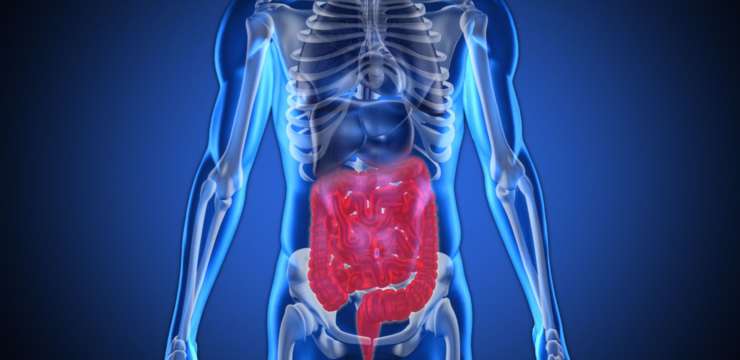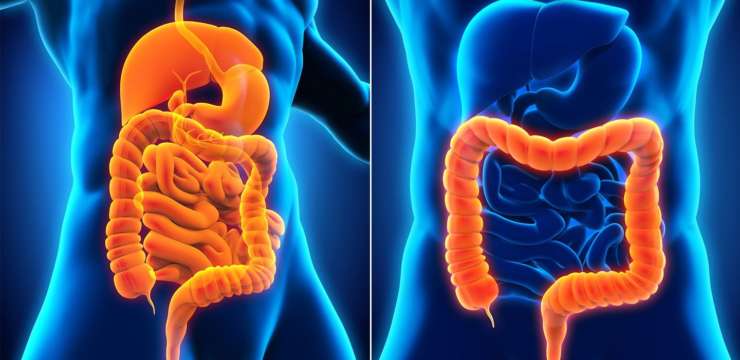Introduction The body is always going through many factors that constantly test the durability that can affect the entire microbiome itself. The gut helps the body’s homeostasis…

Gastro Intestinal Health: The gastrointestinal or (GI) tract does more than digest food. It contributes to various body systems and functions. Dr. Jimenez takes a look at procedures that have been created to help support the GI tract’s health and function, as well as promote microbial balance. Research shows that 1 in 4 people in the U.S. have some type of stomach or intestinal problem that is so severe that it interferes with the person’s daily activities and lifestyle. Intestinal or digestion problems are referred to as Gastrointestinal (or GI) Disorders. The goal is to achieve digestive wellness. When an optimally working digestive system is on track, an individual is said to be in good health. The GI tract protects the body by detoxifying various toxins and participating in the immunological processes or when the body’s immune system interacts with antibodies and antigens. Health coaches can help patients optimize gut health by finding out what bacteria is overgrown and what bacteria need to be more abundant. Proper gut health is a balancing act between the good and the bad bacteria. For optimal gastrointestinal health, the bacteria should become balanced and supported with a nutritious diet for proper absorption and digestion.

Introduction The body is always going through many factors that constantly test the durability that can affect the entire microbiome itself. The gut helps the body’s homeostasis…

Introduction As everyone knows, the gut helps the body metabolize nutrients and vitamins that it needs to function correctly. The gut system also allows the body’s immunity to perform…

Introduction The gut system is home to trillions of beneficial bacteria that helps biotransformed food into nutrients for the body to function correctly. The gut is also…

Introduction The gut system is a massive ecosystem that helps modulate the body’s immune system and metabolic changes that the body itself is going through. The gut system provides the body…

Introduction When it comes to the gut system, its main priority is to ensure that the body is supplied with nutrients and digests the consumed food…

Introduction The human body requires nutritional healthy foods to provide energy for each component, like the muscles and tissues to move around. The gut system takes the…

Introduction The gut system is home to many beneficial bacteria that ensure that everything is working correctly. The organs that make up the gut system help transport…

Introduction Inside the body lies the internal organs that provide the nutrients and energy for the body to stay in motion. The gut system helps the body…

Introduction The gut system has an important job: making sure that the consumed food is being digested and transformed into nutrients to be absorbed into the…

Introduction The gut system’s primary function is to make sure that the consumed food that a person eats is digested in the stomach, and the intestines (both…

Introduction When a person consumes food, it is traveled down to the gut system, where it can be digested and biotransformed into nutrients in the small…

Introduction The gut system is home to the organs and intestines that ensure that the consumed food is digested and absorbed into the bloodstream while being transported…

Introduction Inside the body, the gut and the intestines make sure that everything is working properly. The gut and intestinal system make sure that the…

Introduction The gut system makes sure that any food that is being digested gets turned into nutrient particles and is transported all over the entire body. The…

Introduction The body requires the gut and the intestines (both small and large) to store, digest, and transport the nutrients from food to all the body’s organs, tissues, muscles,…

Introduction The body’s primary job is to make sure that each organ system works correctly and does its job. One of the systems in the…

Introduction The gut system is where food is being consumed and digested in the gastrointestinal (GI) tract and excreted out of the body. The acids…